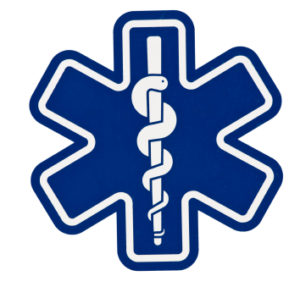 As many of you Epilawg readers know, we provide a free Health Care Directive form on this site for Minnesota residents. We’ve heard from some of you that you’re (pleasantly) surprised about the form. Many believe that you need an attorney to complete a Health Care Directive in Minnesota, which is not true. An attorney can definitely help to answer any questions you have, but an attorney is not required to execute a valid Health Care Directive.
As many of you Epilawg readers know, we provide a free Health Care Directive form on this site for Minnesota residents. We’ve heard from some of you that you’re (pleasantly) surprised about the form. Many believe that you need an attorney to complete a Health Care Directive in Minnesota, which is not true. An attorney can definitely help to answer any questions you have, but an attorney is not required to execute a valid Health Care Directive.
Regardless of whether you obtain a Health Care Directive from our site, or from an attorney as part of an estate plan package, or you simply make one on your own, below are the minimum requirements to have a legally sufficient Health Care Directive in Minnesota. It must:
- Be in writing
- Be dated
- State your name (as principal)
- Be executed while you have the capacity to do so – either you can sign your name or direct someone to do so on your behalf
- Be notarized or witnessed by two witnesses
- Include health care instructions or nominate a health care agent or both
The person you nominate as your health care agent must be over the age of 18 and not be your attending physician or an employee of your attending physician on the date you execute the Health Care Directive or on the date your health care agent must make decisions for you.
Additionally, whether you have your Health Care Directive notarized or witnessed, your notary and witnesses should not be your health care agent or be your attending physician or an employee of your attending physician on the date you execute the Health Care Directive or on the date your health care agent must make decisions for you.
What does a Health Care Directive do for you? Check out the earlier post Health Care Directives 101.

One thought on “Requirements for a Valid Health Care Directive”
Comments are closed.